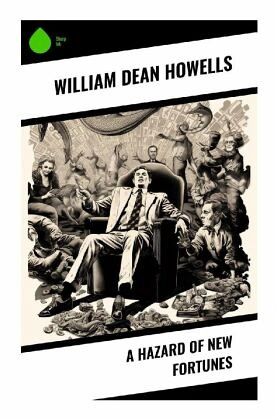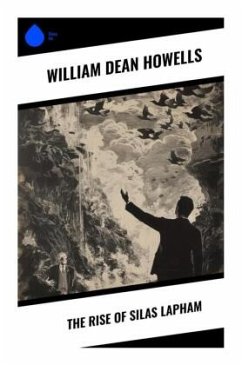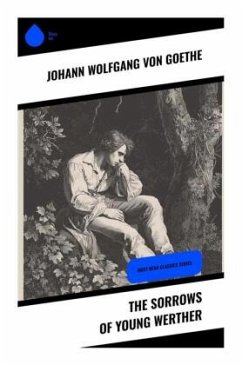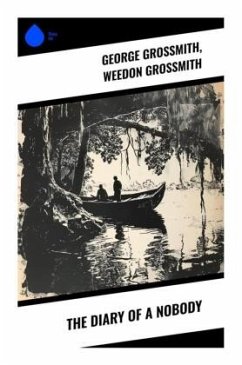
A Hazard of New Fortunes
Versandkostenfrei!
Versandfertig in 6-10 Tagen
15,50 €
inkl. MwSt.

PAYBACK Punkte
0 °P sammeln!
William Dean Howells' poignant novel, "A Hazard of New Fortunes," intricately weaves the fabric of societal change in the bustling backdrop of late 19th-century America. Through the lens of its central character, the idealistic journalist Basil March, the narrative exposes the complexities of urban life, labor disputes, and the artistic struggles of the time. Howells' keen observational style, marked by realism and a focus on moral dilemmas, engages the reader in a vivid exploration of wealth and poverty, revealing the stark contrasts and interdependencies present in rapidly industrializing Am...
William Dean Howells' poignant novel, "A Hazard of New Fortunes," intricately weaves the fabric of societal change in the bustling backdrop of late 19th-century America. Through the lens of its central character, the idealistic journalist Basil March, the narrative exposes the complexities of urban life, labor disputes, and the artistic struggles of the time. Howells' keen observational style, marked by realism and a focus on moral dilemmas, engages the reader in a vivid exploration of wealth and poverty, revealing the stark contrasts and interdependencies present in rapidly industrializing America. Howells, often dubbed the 'Dean of American Letters,' was deeply influenced by the societal transformations occurring during his lifetime. A champion of realism, he believed literature should engage with real-life problems and cultivate empathy among readers. His experiences in the literary and cultural circles of his time, coupled with his involvement in social reform movements, provided a fertile ground for the themes explored in this novel, as he sought to illuminate the human condition amid economic upheaval. Readers interested in a nuanced portrayal of America's social fabric will find "A Hazard of New Fortunes" an invaluable contribution to the understanding of the nation's cultural evolution. Howells' meticulous craftsmanship invites not only reflection but profound engagement with the moral quandaries of his era, making it a timeless read for those captivated by the interplay of personal aspiration and societal expectations.











